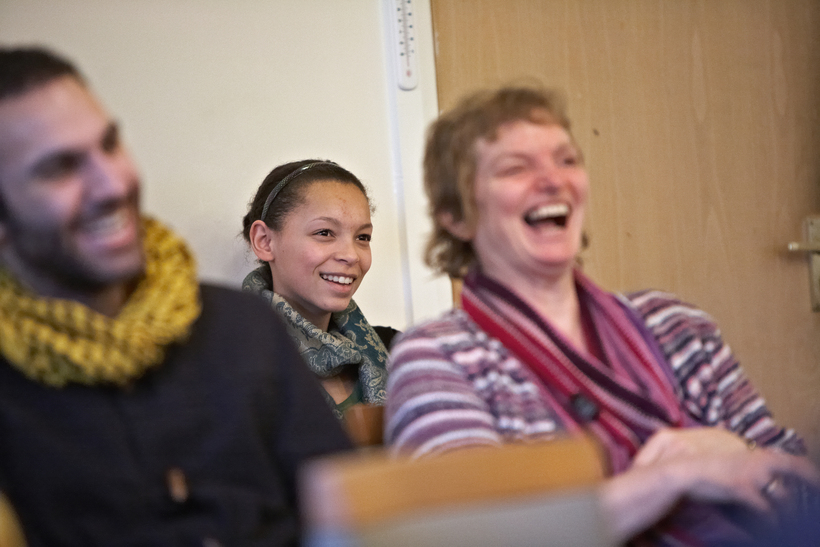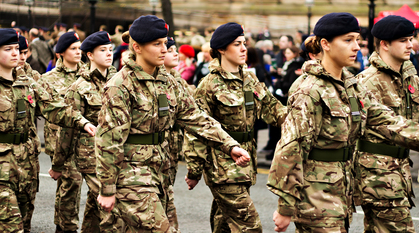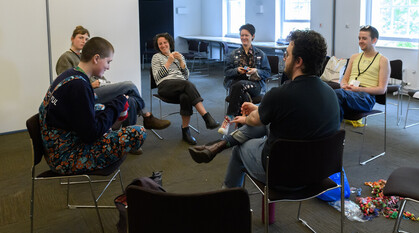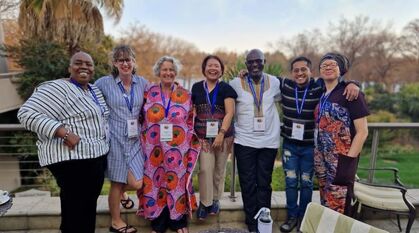Making meetings simpler
Helen Drewery describes how a new project will support growing Quaker efforts to make our meetings simpler to run.

Peace, truth, equality and simplicity – the words trip off Quaker tongues very readily. But if we are so committed to simplicity, why can it seem so complicated to run our 'simple' Quaker meetings?
Clerks, treasurers and trustees know all about the administrative burden of maintaining Quakerism. One Friend told me that he'd calculated there were 2.7 jobs per Quaker in his meeting.
It's fair to say that Quaker processes and structures were shaped by a more time-rich way of life. Quakers, on average, have less time and energy these days to give to their Quaker communities. People are retiring later, parents have to juggle work and family responsibilities in more challenging ways, work environments make heavier demands on employees.
Even if you have a reasonable amount of disposable time, you are less likely than in the past to devote large amounts of it to Quaker activities, particularly if your family and friends aren't also interested.
There's also a growing additional layer of regulation to comply with: data safety, annual reports, criminal record checks... It's not surprising that quite a few meetings struggle to fill the more administratively demanding roles.
Flexible simplicity
So what do we do about it? How can we achieve a flexible simplicity – living by the essence of the Quaker approach but not treating old habits as sacrosanct? Early Quakers saw simplicity as stripping out of their lives the superfluous activities and things – John Woolman called them 'cumber' – so that they could more fully follow the leadings of the Spirit.
Increasingly, Friends see a need to make Quaker meetings simpler to run, so that we free up time and energy to do the really important things. The things that nourish us, that change the world for the better and that offer Quakerism to those who would be enriched by it.
Some meetings are already finding creative ways forward. They are rethinking roles and processes, experimenting, looking at what tasks could be done by paid staff and what complexities can be shed altogether. Daring to tackle these things can be energising.
Sharing experiences
Sharing your experiences can inspire change elsewhere. One Friend wrote recently: “In our meeting we have reduced a couple of committees and the tasks are being done differently. The social events part of the community has become more varied as a result." I would love to hear and share the stories of more meetings.
To support these changes we are about to start a three-year project called Simpler Meetings. It will, we very much hope, quietly make the lives of clerks, trustees and treasurers a bit easier, providing more straightforward guidance and templates that are easy to find when you need them. We will work on how we communicate. And we will offer some individual support to meetings which lack the energy, skills or knowledge to tackle something big, like merging two area meetings or laying down an old separate charity.
We are recruiting a new member of staff to run this project, and the job advert is now live.
We hope the Friends who currently feel burdened and stressed will increasingly be freed to be part of the hospitable, spiritually nurtured, outward focussed communities which we all want our meetings to be.


